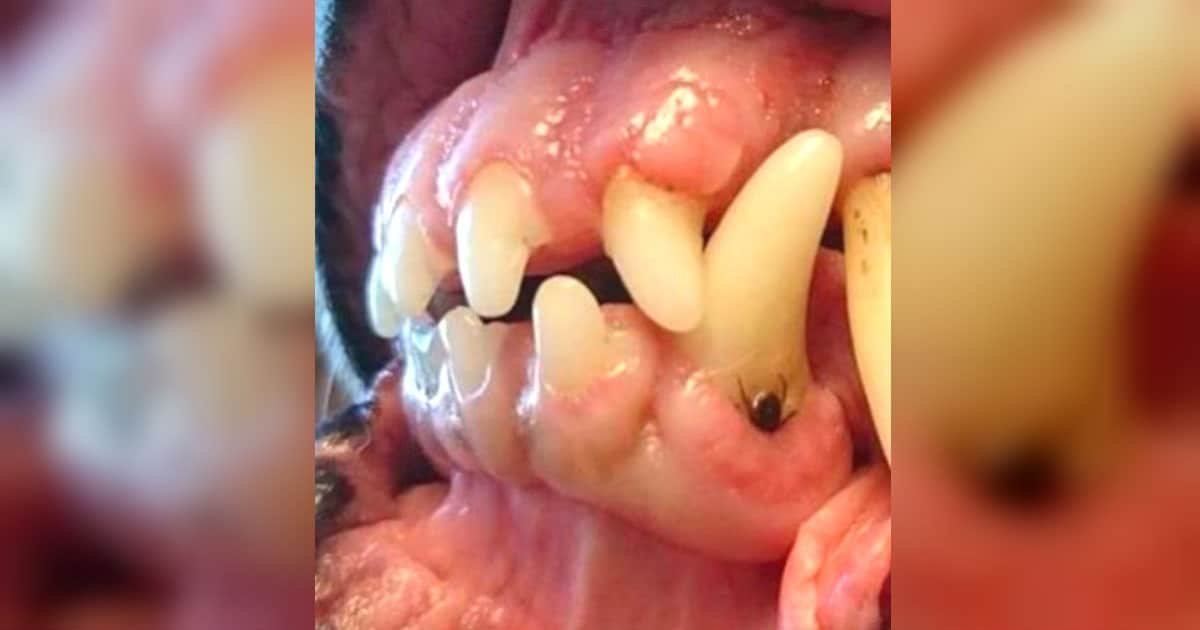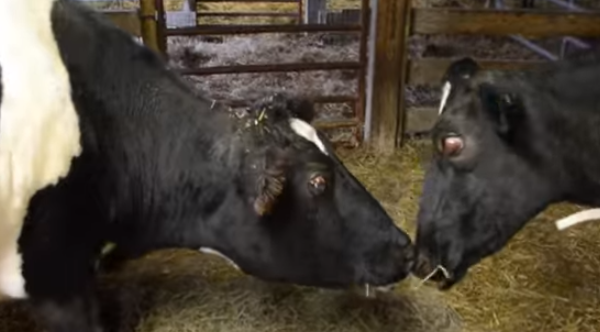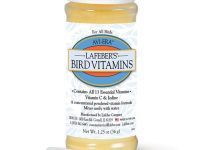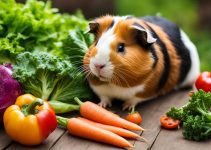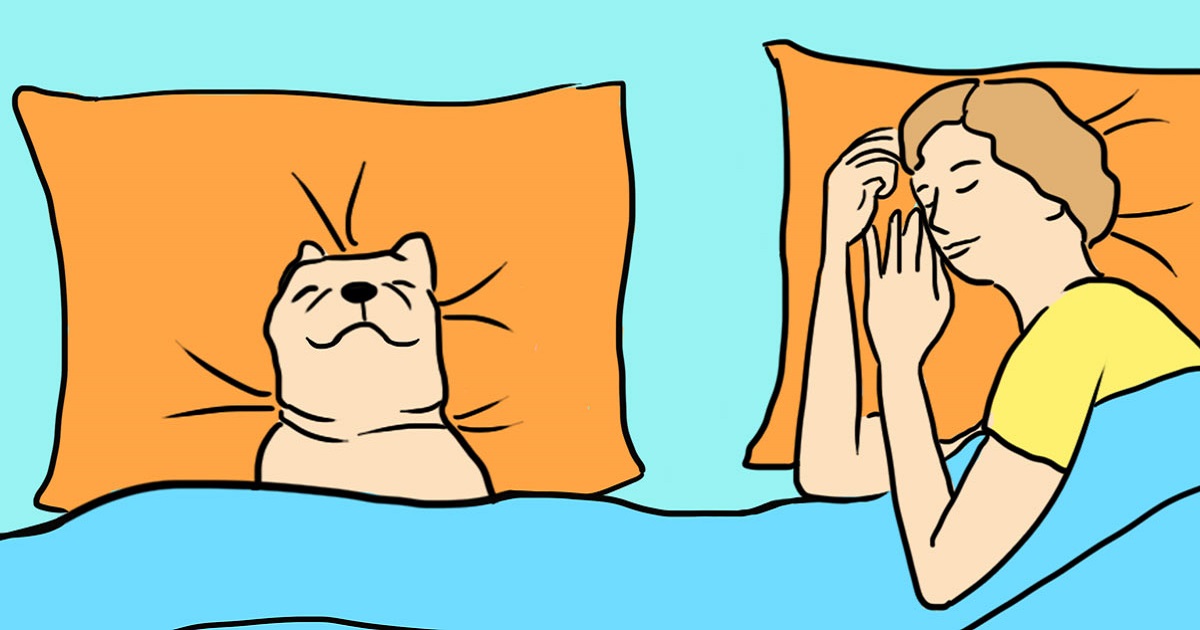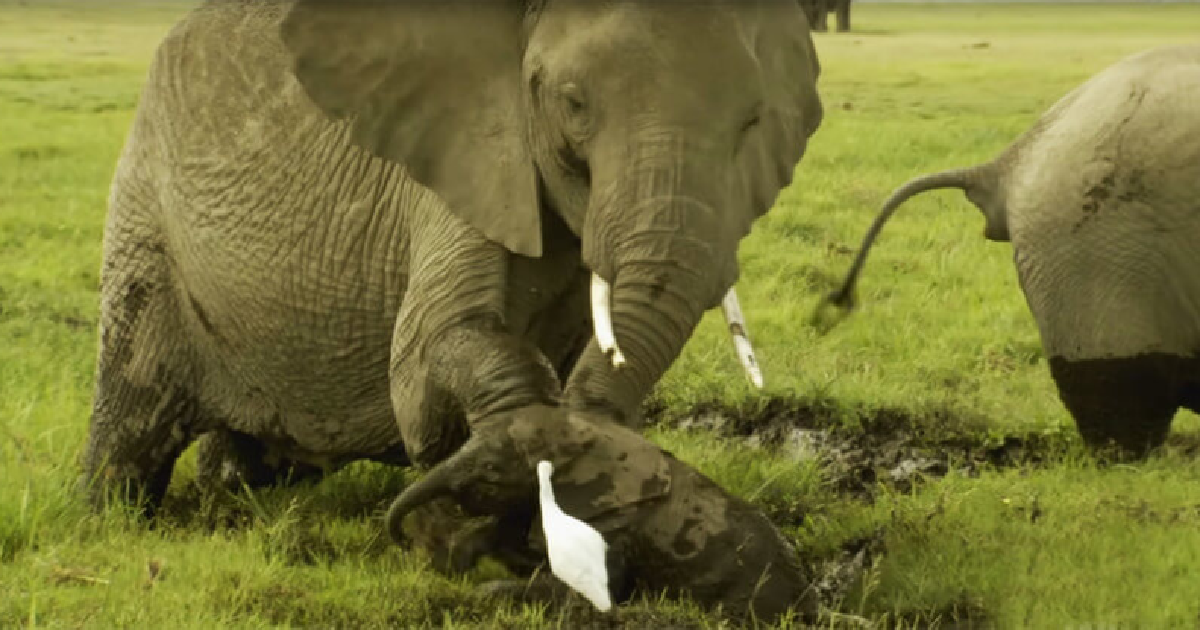In this comprehensive guide, I will explore the essentials of equine nutrition and answer the question of what horses eat to maintain optimal health. Understanding a horse’s diet is crucial for providing the best care and nutrition. By providing the right food, you can ensure that your equine friend stays healthy and well-nourished.
What Do Horses Eat?
- Horses thrive on a diet rich in forage, such as grass and hay.
- Supplements can play a vital role in supporting a horse’s diet, especially for those with specific nutritional requirements.
- Feeding guidelines for horses depend on factors such as workload, age, and health.
- Some foods, like onions and tomatoes, are toxic to horses and should be avoided.
- Consult with an equine nutritionist or veterinarian to create a customized feeding plan for your horse.
What is a Horse’s Diet?
A horse’s diet is a key factor in maintaining its overall health and well-being. As herbivores and natural foragers, horses have specific dietary needs that require careful attention. Understanding the components of a horse’s diet and providing the right nutrition is essential for their optimal performance and longevity.
A horse’s natural diet consists of various components, including forage, grains, and supplements. Forage, such as grasses, herbs, and weeds, forms the foundation of a horse’s diet. It provides essential nutrients and promotes a healthy digestive system. Horses are trickle feeders, meaning they prefer to eat small amounts throughout the day.
To ensure a balanced diet, horse owners should incorporate a variety of forage options, such as fresh grass, hay, and haylage. These sources of roughage should make up the majority of a horse’s diet as they mimic their natural grazing behavior. The recommended amount of forage for the average horse is around 2-2.5% of their body weight per day.
In addition to forage, grains can be included in a horse’s diet to meet their energy requirements. Common grains used as concentrates include oats, corn, and barley. However, the specific dietary needs of each horse should be considered, as some horses may require different grain options or limited grain intake.
Supplements can also play a role in supporting a horse’s diet. They may provide additional vitamins, minerals, protein, or fat to ensure optimal health and performance. However, it’s important to consult with an equine nutritionist or veterinarian to determine the appropriate supplements for your horse based on their individual needs and health status.
Understanding a horse’s diet is crucial for providing the best care and nutrition. By following proper feeding guidelines and providing a balanced diet that meets their dietary needs, you can ensure that your horse remains healthy and thriving for years to come.
The Importance of Forage in a Horse’s Diet
When it comes to a horse’s diet, forage plays a vital role in ensuring their health and well-being. Forage consists of grass, hay, and haylage, all of which provide essential nutrients and fiber that are necessary for a horse’s digestive system to function properly.
Why is forage so important? Firstly, it promotes a healthy digestive system by encouraging proper gut motility and preventing issues like colic. Secondly, forage provides a steady source of energy that horses need for their daily activities.
To meet the nutritional needs of horses and mimic their natural grazing behavior, it’s crucial for them to have access to ample amounts of forage. The recommended amount of forage for the average horse is around 2-2.5% of their body weight per day. This ensures they receive enough fiber and nutrients to support their overall well-being.
When it comes to forage, variety and quality are key considerations. Horses benefit from having a diverse range of forage options, including different types of grass and hay. This diversity helps provide a more balanced diet and ensures they receive a wide range of essential nutrients.
It’s also important to ensure the quality of the forage provided to horses. Good-quality hay and haylage should be free from mold, dust, and other contaminants, as these can potentially harm a horse’s respiratory system and overall health.
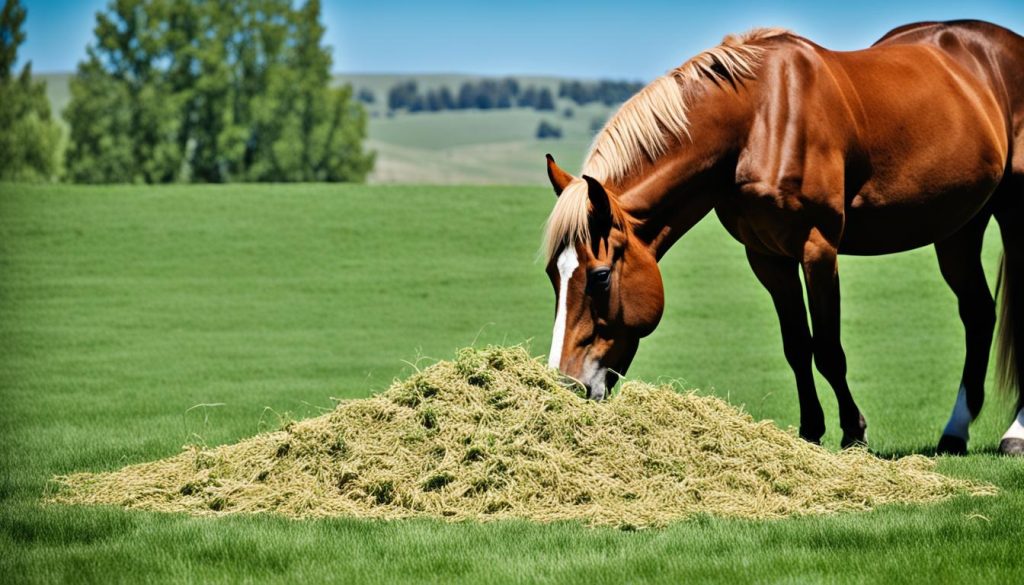
- Grass: Fresh, lush grass is an excellent source of forage for horses. However, it’s important to monitor grazing time and manage pasture rotation to prevent overgrazing and ensure a constant supply of nutritious grass.
- Hay: Hay is a staple forage option for horses, especially when fresh grass is not available throughout the year. It provides a consistent source of fiber and nutrients. High-quality hay should be dry, free from mold, and have a fresh aroma.
- Haylage: Haylage is a form of preserved forage that is wrapped and fermented to retain moisture. It can provide horses with a nutrient-rich alternative to hay. When feeding haylage, it’s vital to ensure it has been properly fermented to avoid any potential digestive issues.
By prioritizing the inclusion of forage in a horse’s diet and providing a variety of high-quality options, you can ensure that your equine companion receives the essential nutrients and fiber they need for optimal health and well-being.
Understanding Supplements for Horses
In addition to a well-balanced diet, supplements can play a vital role in supporting a horse’s health and nutritional needs. These supplements provide additional vitamins, minerals, protein, or fat that may be lacking in the horse’s regular diet.
When it comes to supplements, it’s important to remember that they should not replace a balanced diet but rather complement it. The horse’s diet should consist primarily of high-quality forage, such as grass and hay, while supplements can be used to fill in any nutritional gaps.
The key to using supplements effectively is tailoring them to the specific needs of each horse. Factors such as the horse’s age, activity level, and overall health should be taken into consideration when determining which supplements are necessary.
Consulting with an equine nutritionist or veterinarian is highly recommended to ensure that the horse’s diet is well-rounded and meets all its nutritional requirements. These professionals can provide valuable guidance and expertise in selecting the appropriate supplements for your horse.
Whether your horse needs a boost in vitamins, minerals, or a specific nutrient, supplements can be a valuable tool in maintaining its optimal health and performance. However, it’s important to remember that moderation is key. Just like with any dietary change, introducing supplements gradually and monitoring the horse’s response is crucial.
By understanding the importance of supplements and working closely with professionals, you can ensure that your horse’s diet is well-balanced and tailored to its individual needs.
Types of Horse Feed and Feeding Guidelines
Feeding guidelines for horses are essential to ensure their overall health and well-being. When determining a horse’s diet, various factors such as workload, age, and health must be taken into consideration. While forage should make up the majority of a horse’s diet, some horses may require additional concentrates, such as grains, to meet their nutritional needs.
Commonly used as concentrates, grains like oats, corn, and barley offer essential nutrients and energy for horses. It is crucial to balance the ratio of forage to concentrates based on the specific dietary requirements of each horse. Consulting with an equine nutritionist or veterinarian can help create a feeding plan that caters to your horse’s individual needs.
Feeding Guidelines
- Ensure the majority of the horse’s diet consists of forage, such as grass and hay.
- Provide high-quality forage and make sure it is free from mold, dust, and weeds.
- Offer concentrates, such as grains, in moderation to supplement the nutritional requirements of the horse.
- Determine the appropriate amount of concentrates based on the horse’s workload, age, and body condition.
- Divide the total daily feed into several small meals to mimic the horse’s natural grazing behavior.
- Monitor the horse’s body condition regularly and adjust the feed amount accordingly.
- Ensure access to fresh and clean water at all times.
By following these feeding guidelines and providing a balanced diet, you can promote your horse’s overall health and happiness.
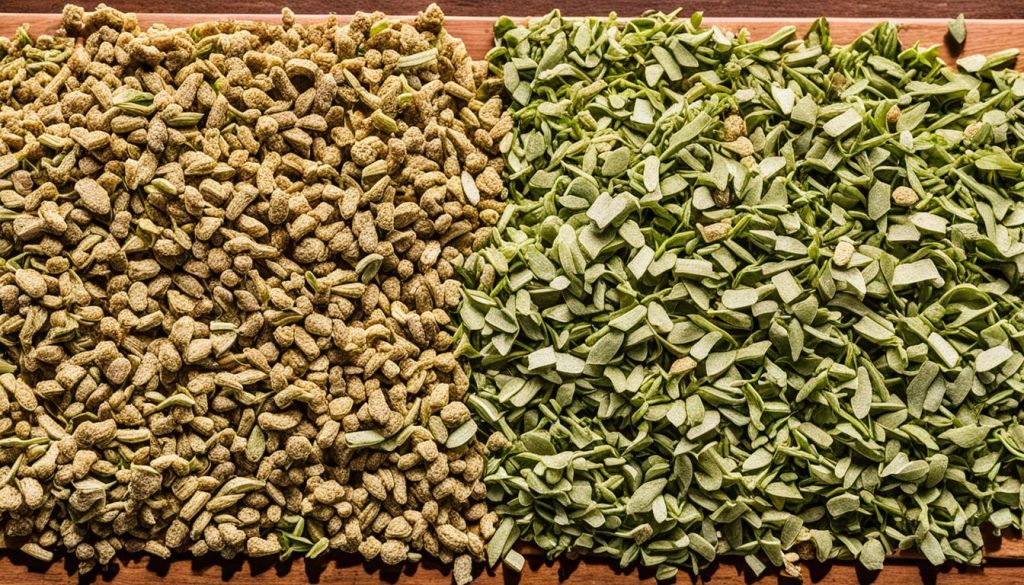
What Can and Can’t Horses Eat?
When it comes to a horse’s diet, it’s important to know what they can and cannot eat to ensure their health and well-being. While horses can enjoy a variety of foods, including fruits and vegetables like apples, carrots, and bananas, there are certain foods that should be avoided as they can be harmful to horses.
Some examples of foods that are toxic to horses include onions, potatoes, tomatoes, and members of the nightshade family. These foods can cause digestive issues, toxicity, and even be potentially fatal to horses. It’s best to err on the side of caution and avoid feeding these foods to your equine companion.
Instead, focus on providing safe options for your horse’s diet. Stick to horse-friendly fruits and vegetables and always feed in moderation. Remember that horses are herbivores, so their diet should primarily consist of forage, such as grass and hay, along with appropriate concentrates.
- Safe foods for horses:
- Grasses: Timothy, Bermuda, Orchard
- Hays: Alfalfa, Coastal, Meadow
- Fruits: Apples, Bananas, Berries
- Vegetables: Carrots, Beets, Celery
- Herbs: Mint, Basil, Parsley
- Grains and concentrates: Oats, Corn, Barley
- Supplements: Vitamin and mineral mixes
Always remember that individual horses may have dietary sensitivities or allergies, just like humans. If you suspect that your horse has specific dietary requirements, it’s important to consult with an equine nutritionist or veterinarian to create a more specialized diet plan.
Conclusion
Feeding your horse a balanced and nutritious diet is crucial for their overall health and well-being. Understanding the fundamentals of a horse’s diet, including the significance of forage, the role of supplements, and feeding guidelines, is key to providing them with the essential nutrients they need. To ensure your horse’s optimal health, I recommend consulting with an equine nutritionist or veterinarian to create a personalized feeding plan that caters to their individual requirements.
Monitoring your horse’s dietary intake and making necessary adjustments is essential. Regular check-ups and evaluations by a professional can help you fine-tune their diet to ensure they are receiving the right amount of nutrients. By prioritizing their overall health and happiness, you can be confident that you are providing your horse with the best possible care.
Remember, a well-balanced and carefully planned diet is the foundation for your horse’s well-being. By incorporating the right mix of forage, supplements, and concentrates, you can support their digestive health, provide them with the energy they need, and keep them in peak condition. Take charge of your horse’s nutrition, and you’ll witness the positive impact it has on their health and happiness.

